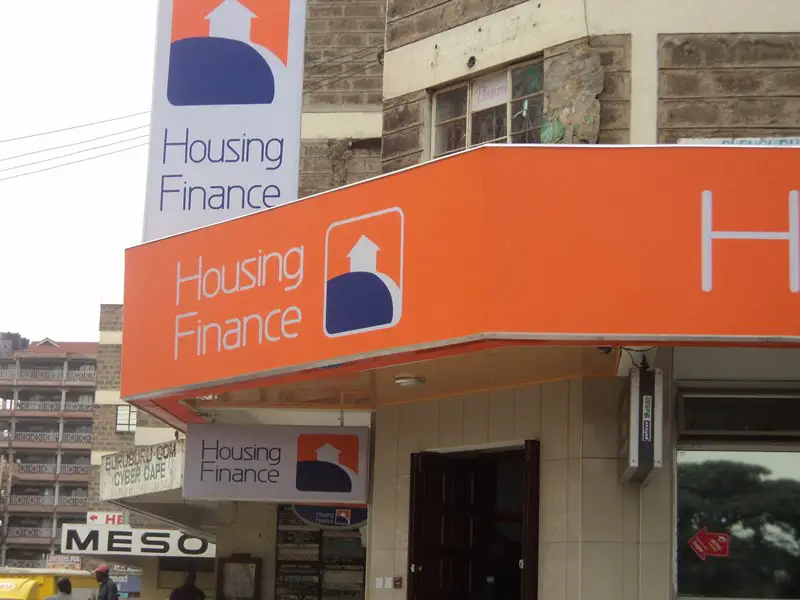The cost of mobile phone services, including payments, is set to rise following the assent to the Finance Bill by President Uhuru Kenyatta last month.
That is unless the service providers decide to absorb the cost because of intense rivalry, according to an analysis by Citi Research.
“There may be a delay in price adjustments for competitive reasons, which would negatively affect revenue and earnings. Demand may also be weaker than we assume, should prices be adjusted,” says Citi.
Already, one player, Jamii Telecom, has put subscribers on notice that its tariffs will be reviewed in line with the tax changes.
“Please note that with effect from July 1, 2018 we shall apply 15 per cent excise duty on the telephone and Internet data services you procure from Jamii Telecommunications Limited (JTL) in compliance with law,” General Manager John Kamau notified customers in a notice dated October 1.
The effective date, however, is the subject of haggling between the industry and the Kenya Revenue Authority.
At issue is whether the changes, which were assented to by President Kenyatta on September 21, can be enforced retrospectively.
Excise duty on mobile calls and Internet data rose to 15 per cent from the previous 10 per cent.
This means, for instance, that a scratch card for Sh100 airtime that now attracts Sh10 tax will be Sh15 or Sh5 more. The government is seeking to raise Sh20 billion from this.
The rise in data charges will raise pressure on the operators in a tight market as they mull over whether to pass on the higher levies to the consumers or absorb them at the risk of thinner margins, experts said.
Safaricom, Airtel and Telkom Kenya have all not yet effected the tax, saying that they need clarity on its effective date.


















































